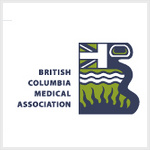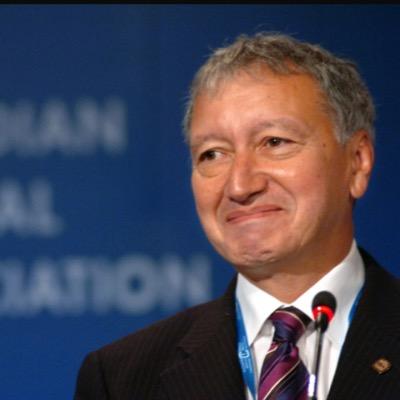
Two-and-a-half cheers for the Supreme Court!
Jul 01, 2005
BC Medical Journal

BC Medical Journal Volume 47, Number 6, July/August 2005, page 279-280
Editorial
Two-and-a-half cheers for the Supreme Court!
"My hope is that the intense and irrational debate and rhetoric that has prevented objective discussion of Canadian medicare will be resolved by the dispassionate and logical intervention of the highest court in the land.”
A year ago I ended an editorial with the sentence above. I was one of the few who believed that the sacred cow of medicare would be put to rest by the highest court in the land. Many who have driven on a dark country lane at night will have witnessed the startled look of a deer, freezing in the headlights of the car as quickly as when they hit the pause button on a video. The same gaze was seen in the eyes of our prime minister and his minister of health as they faced the media following the Supreme Court of Canada (SCC) decision on medicare. “There will be no two-tier health care,” they echoed in near harmony. “We must preserve medicare—a defining feature of our Canadian identity” (as if we had no identity before 1966). Which country would want their identity defined by two million citizens suffering and sometimes dying on waiting lists for health care? In rejecting laws that have forced Canadians to wait, the SCC has affirmed the right to protect one’s own health and has rejected arguments that the pain and disability of waiting is justifiable in order to save the “system.”
Just as the debate on abortion continued after Morgentaler, so the arguments on private versus public health funding and delivery will go on. The rhetoric of false experts in health policy predicting devastation and destruction will have even less relevance than before. The SCC has come to the rescue of inept politicians and incompetent Health Canada bureaucrats whose attempts to fix the system were based on fining the taxpayers of provinces that attempted innovation or change.
What does the Supreme Court decision mean and how will it affect doctors and their patients in British Columbia? I will attempt to answer these questions based on my own interpretation of what constitutional experts have told me. I will also make a few predictions. The impact is truly nationwide and claims that the ruling technically applies only to Quebec have little practical relevance. Statements made in the written judgments in this case are so damning of the existing state of health care delivery that all provinces must now prepare to change their legislation to conform to the principles set forth by the SCC. Those that don’t may face court challenges and be forced to confront SCC Chief Justice Beverley McLachlin’s statement, “Patients die as a result of waiting for public health care.” The fact is that medicare in Canada is changed forever. Private health insurance and care for Canadians will soon become available across the country. As I write this I know of several insurers who are already exploring such options. For practical reasons, although the first policies may become available in Quebec, coverage will be countrywide and other provinces will have to change to make insurance available locally. BC and Alberta will not sit passively by and watch money leave as their citizens enroll in massive revenue-generating health insurance companies based in Quebec.
For 10 years now we have seen injured workers benefit from a public-private hybrid system. We should not focus solely on the massive savings in costs that may have been realized by the WCB, but also note the tremendous reduction in pain, suffering, and the irreversible deterioration that occurs when sick or injured people wait for care. With this decision Canada will move to a European (not US) style health system where, as in France, Belgium, Switzerland, Germany, and many other countries, there is healthy competition and patients of all social classes and incomes are cared for. In the new Canadian system, up to $40 billion a year of non-tax money will be added as new technology is made available and new facilities open. The brain drain of health care workers will be reversed. Patients will receive timely care when they and their doctors (not governments) feel it is appropriate. As we look forward to a new era in health care, we should recognize and thank the four judges who put patients ahead of political ideology. “Access to a waiting list is not access to health care,” the chief justice wrote. Finally, someone understands.
—BD




 BC Medical Journal Volume 47, Number 6, July/August 2005, page 279-280
BC Medical Journal Volume 47, Number 6, July/August 2005, page 279-280